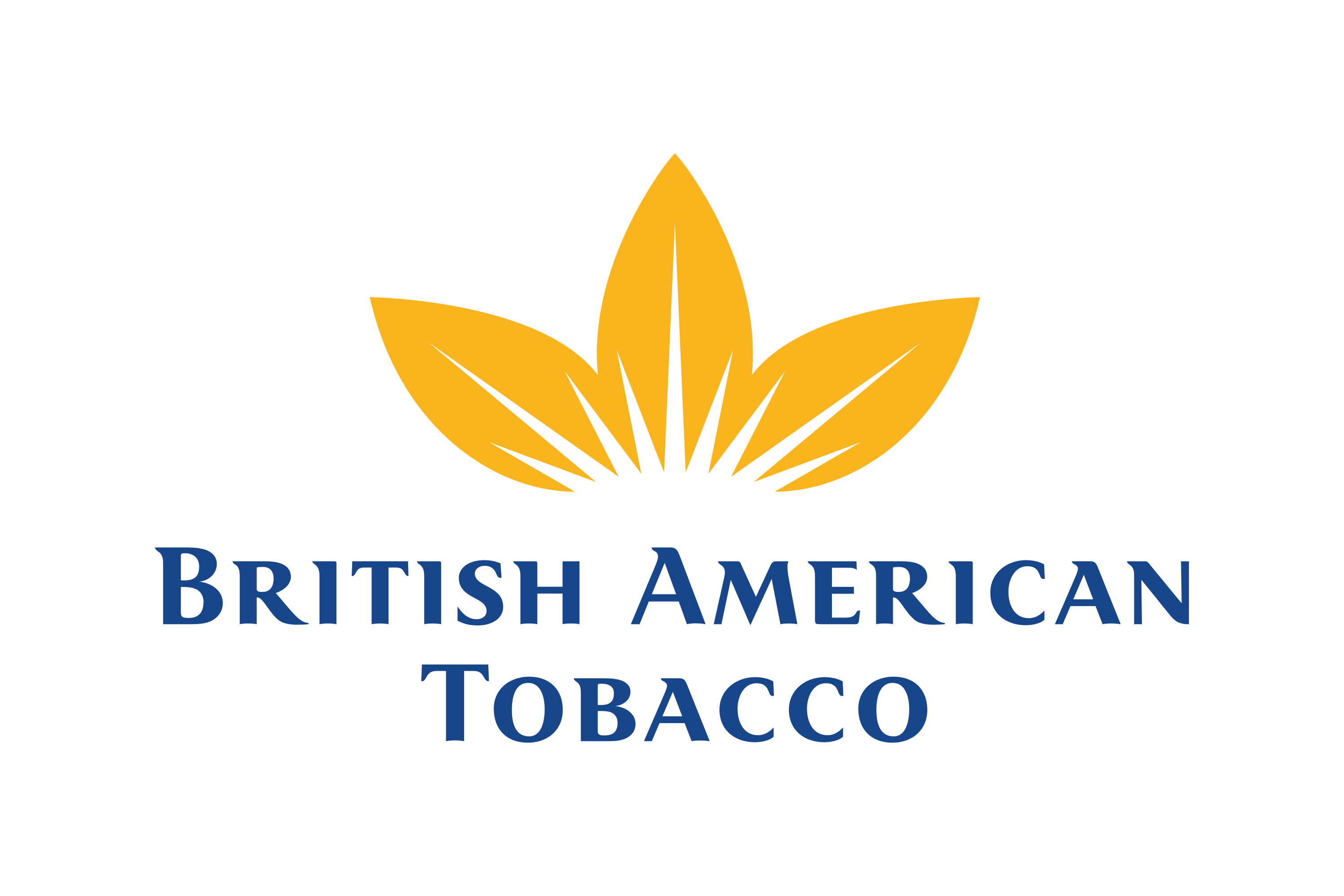Two tobacco companies have just agreed to pay a total of six hundred and twenty-nine million dollars for violating U.S. sanctions against North Korea (N.K.). This is the biggest penalty of its kind in the history of the U.S. Department of Justice (DoJ). The settlement involves British American Tobacco (BAT), the second-largest tobacco company in the world. BAT Marketing Singapore (BATMS) is a subsidiary of BAT and is also involved.
Brian E. Nelson is a U.S. Department of Treasury (DoT) undersecretary for terrorism and financial intelligence. He released a statement on April 25th which read, “For years, BAT partnered with N.K. to establish and operate a cigarette manufacturing business and relied on financial facilitators linked to N.K. weapons of mass destruction proliferation network in the process of enriching itself.”
BAT has agreed to pay the heavy penalty under a “deferred prosecution agreement” along with BATMS. BATMS pleaded guilty to conspiracy to commit bank fraud and violate the International Emergency Economic Powers Act (IEEPA).
According to information supplied by the DoJ, in 2007, BAT sold its shares in a joint enterprise with the state owned North Korean Tobacco Company to a third-party company. BAT declared that it had ended its business in North Korea (N.K.) However, BAT covertly continued operations in N.K. through its Singapore-based subsidiary. Prosecutors say that from 2007 to 2017, the third-party company earned about four hundred eighteen million dollars through the sale of tobacco products to N.K.
Separately, BAT and BATMS also agreed to pay more than five hundred million dollars in a civil settlement with the U.S. Department of Treasury Office of Foreign Assets Control.
Jack Bowles is the CEO of BAT. He recently said, “On behalf of BAT, we deeply regret the misconduct arising from historical business activities that led to these settlements and acknowledge that we fell short of the highest standards rightly expected of us.” BAT claims that it halted all operations in N.K. in September of 2017.
A separate case was unsealed on April 25th in which the DoJ charged a N.K. banker named Sim Hyon-Sop and two Chinese nationals, Qin Guoming and Han Linlin, for their involvement in a conspiracy to sell tobacco in N.K.
Prosecutors alleged that between 2009 and 2019, the three defendants supplied millions of dollars’ worth of tobacco leaf to N.K. They obfuscated their operations through the use of front companies. In total, they allegedly processed three hundred and ten transactions worth representing about seventy-four million dollars through U.S. financial institutions. These activities helped generate about seven hundred million dollars in revenue for N.K. manufacturers.
According to the Indictment, illegal tobacco sales, which includes cigarette smuggling, are an important source of funding for the N.K. regime. Allegedly, that money is being funneled into N.K.’s nuclear weapons program. N.K. carried out its first nuclear test in 2006. Since then, both the U.N. and the U.S. have placed a variety of sanctions on N.K. to cut off funding to its weapons program.
As dangerous as N.K. might be to the rest of the world because of its nuclear weapons program, the sale of tobacco products to N.K. will endanger the health of millions of citizens of that country.
Nuclear Weapons 815 – British American Tobacco And A Subsidiary Are Being Sued By The U.S. Treasury Department For Violating Sanctions Against North Korea

Written by
in
